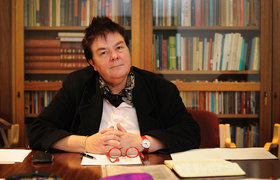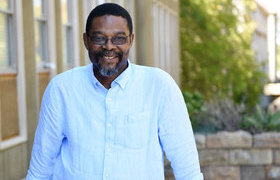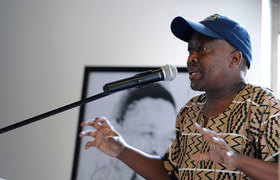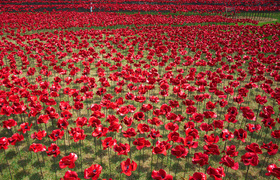‘Poetry heals wounds’
19 March 2020 | Story Niémah Davids. Photo Pxhere. Read time 3 min.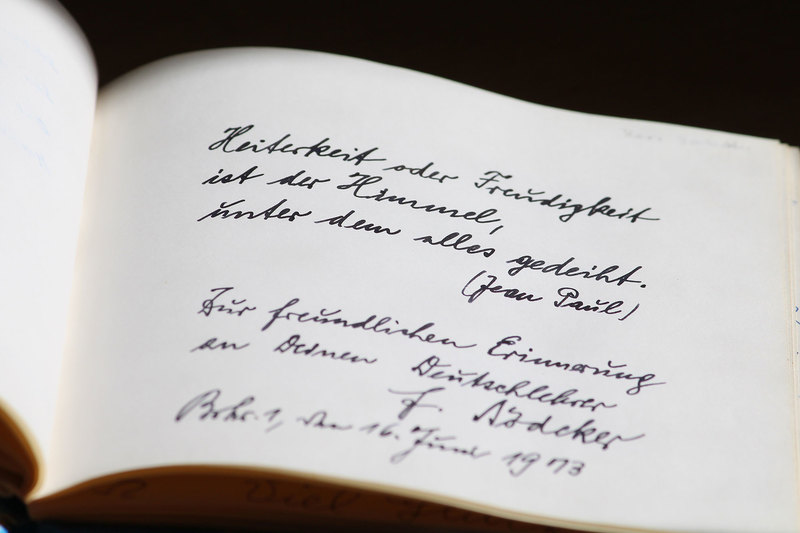
“Poetry is an effective communication tool that assists with tackling [challenging] issues that previously would not have been raised.” So said Dr Rethabile Possa-Mogoera, senior lecturer at the University of Cape Town’s (UCT) School of Languages and Literatures, ahead of World Poetry Day on Saturday, 21 March.
The global celebration has been organised by the United Nations to “support linguistic diversity” and increase the opportunity for “endangered languages to be heard”.
UCT News caught up with Possa-Mogoera for her view on how poetry informs communication, especially in South Africa, with its vast number of cultures and traditions. This is what she had to say.
Niémah Davids (ND): How important is the use of poetry in South African cultures?
Rethabile Possa-Mogoera (RPM): It’s very important, especially for language maintenance and preservation. Further, it’s also important [in the study of] and when it comes to teaching heritage. Culture is preserved and identities are related through poetry.
ND: Why is poetry considered an effective means of communication?
RPM: It’s a good means to challenge and address [topics] that would seem to threaten the norm in a society. Poetry also provokes thinking and no one ever questions the poet for raising pertinent issues. Instead, [they use] these utterances to find solutions and bring change.
Poetry also has a strong link to colonial times and slavery. It was used as a means of encouragement for those enslaved and to protest during colonial times – Africans could exchange grievances with each other through poetry because their oppressors did not understand their language.
Poetry soothes the mind and heals wounds through recitation.
ND: Poetry is used to communicate at special events in African cultures. Can you tell us more about this process?
RPM: We use poetry to communicate at a range of events, including weddings, funerals and social events. During a wedding ceremony, the bride and groom are praised by a relative on the day, and this process invites the ancestors to welcome the bride into the family.
More sadly, poems are also recited after someone has died and is normally read by the deceased’s relative in order to send the deceased off peacefully. The process takes place at home and at the cemetery and helps with healing.
ND: Does poetry speak a universal language?
RPM: Absolutely. It allows everyone to speak from within and celebrate their inner being. It’s meant to be read out loud because of its melody, strong language usage and poetic nature; every word carries meaning. All nations can understand and relate to poetry, regardless of the country or continent of origin.
 This work is licensed under a Creative Commons Attribution-NoDerivatives 4.0 International License.
This work is licensed under a Creative Commons Attribution-NoDerivatives 4.0 International License.
Please view the republishing articles page for more information.







